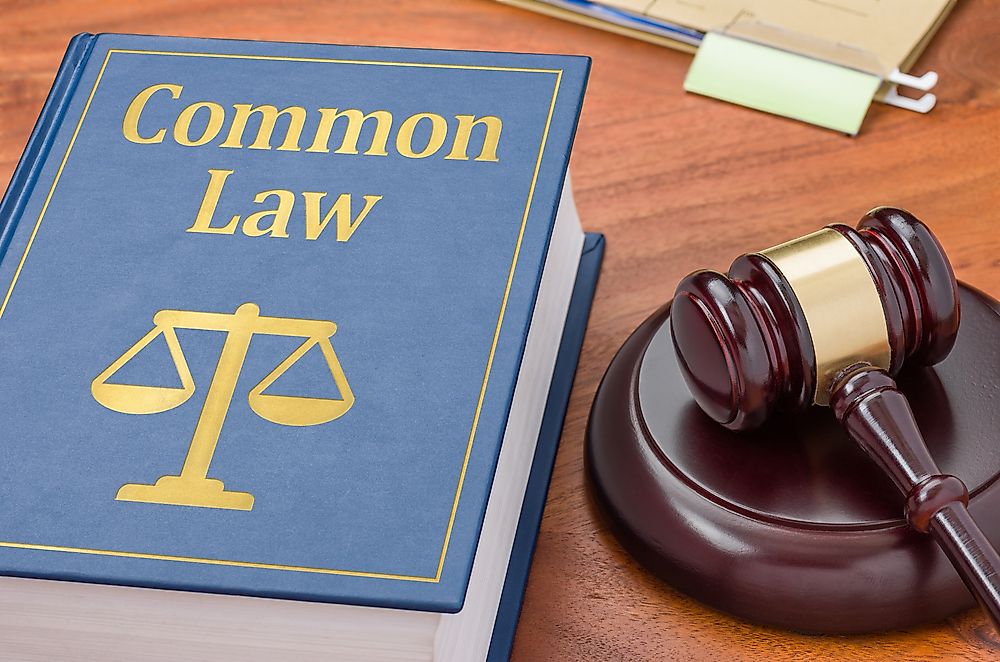What Is Common Law?

Introduction
Common law is the body of law that derives its judicial decisions from previous precedents from relevant courts as opposed to the use of a constitution or a statute. This type of legislation was developed in England in the 13th century. It has since spread to the British colonies, and a third of the world’s population derives its jurisdictions from common law or uses a mixture of both civil and common law.
England, the United States, and other English colonies are the primary users of common law. Louisiana is the only state in the US that does not use common law. This system of law is different from the civil law that is commonly employed by Spanish and French colonies. Besides Quebec who uses the French civil law, Canada uses common law.
Principles of Common Law
Common law derives their decisions from prior judicial precedents rather than using legislative statutes. Common law judges determine the facts in a particular case and then use the adjudications of their predecessors to settle controversies. These previous decisions are documented in law reports whereby the decision binds to a jurisdiction of a similar or lower court but does not bind in higher courts. Judges of these tribunals apply the doctrine of Stare Decisis.
In a case of first impression, common law judges look into other decisions from other jurisdictions or past judicial experience to draw their conclusions. This fact makes common law flexible in dealing with unexpected controversies. Common law helps address evolving social needs and improves understanding.
Common law is the backbone of all the other areas of law. Due to the absence of some statutes, countries resort to common law for settling some disputes. In England and Wales, most states in the US, and Canada (except Quebec) the fundamental law of torts, property, and contracts do not exist. To find the correct law to apply to particular facts, judges or juries have to look back to previous precedents.
Common law also has the principle of overruling precedent. This policy provides a limitation to stare decisis. In the event of controversies pertaining to a certain ruling by a lower court, the higher court can overrule the findings of the law and make a decision when it finds that the facts do not conform to the case.
The publications of the decisions of common law are done in law reports to be used by courts in future decisions, lawyers, and even the general public. Under the common law system, two parties use court arguments to settle disputes before a judge who analyses the facts and then gives a ruling. After the decision, a party that is not satisfied with the decision can appeal to a higher court.
Conclusion
All citizens in common law are subjected to the same set of legislation because the law limits the application of a state’s power. However, the judiciary can review the legislations to determine whether or not it conforms to the statute requirements.











